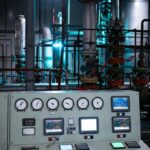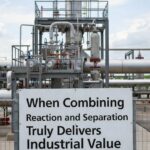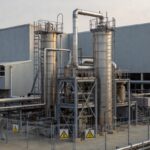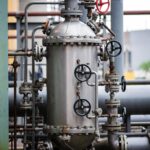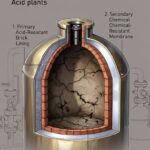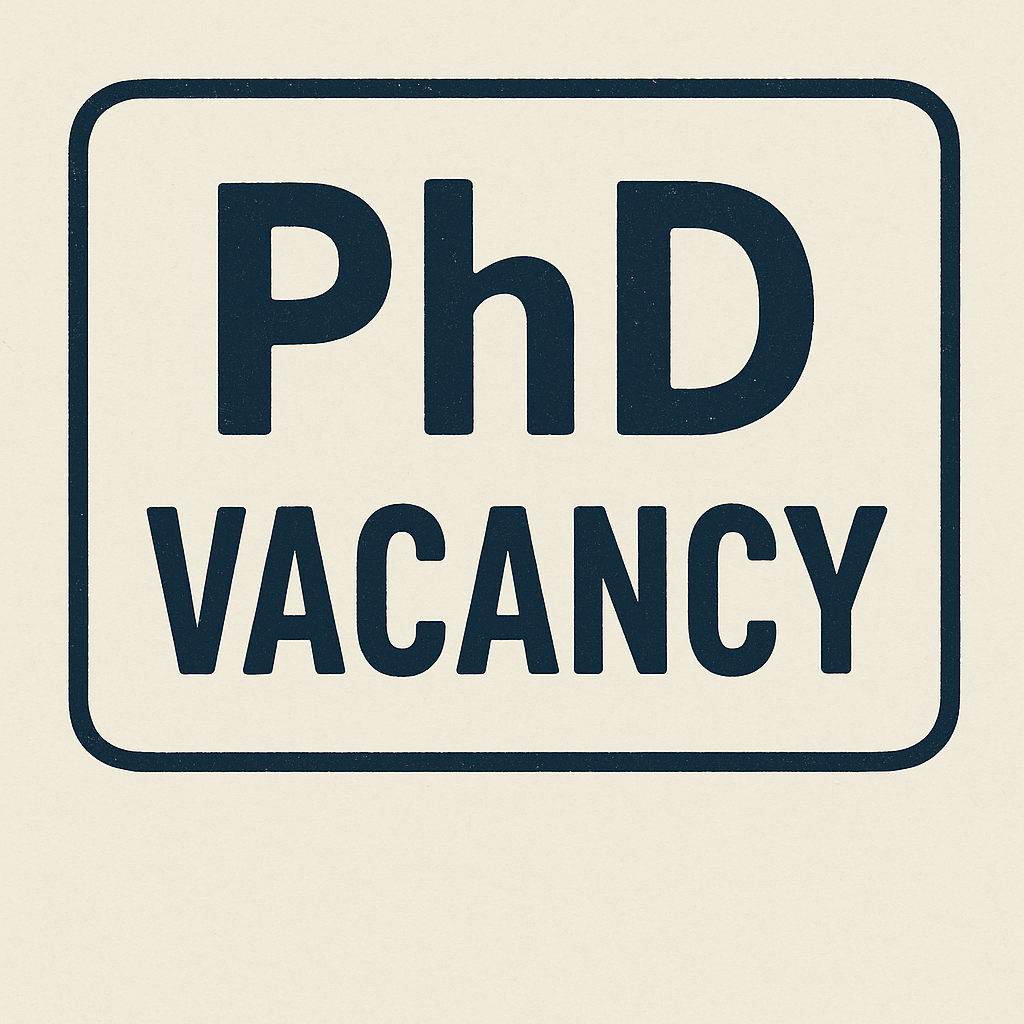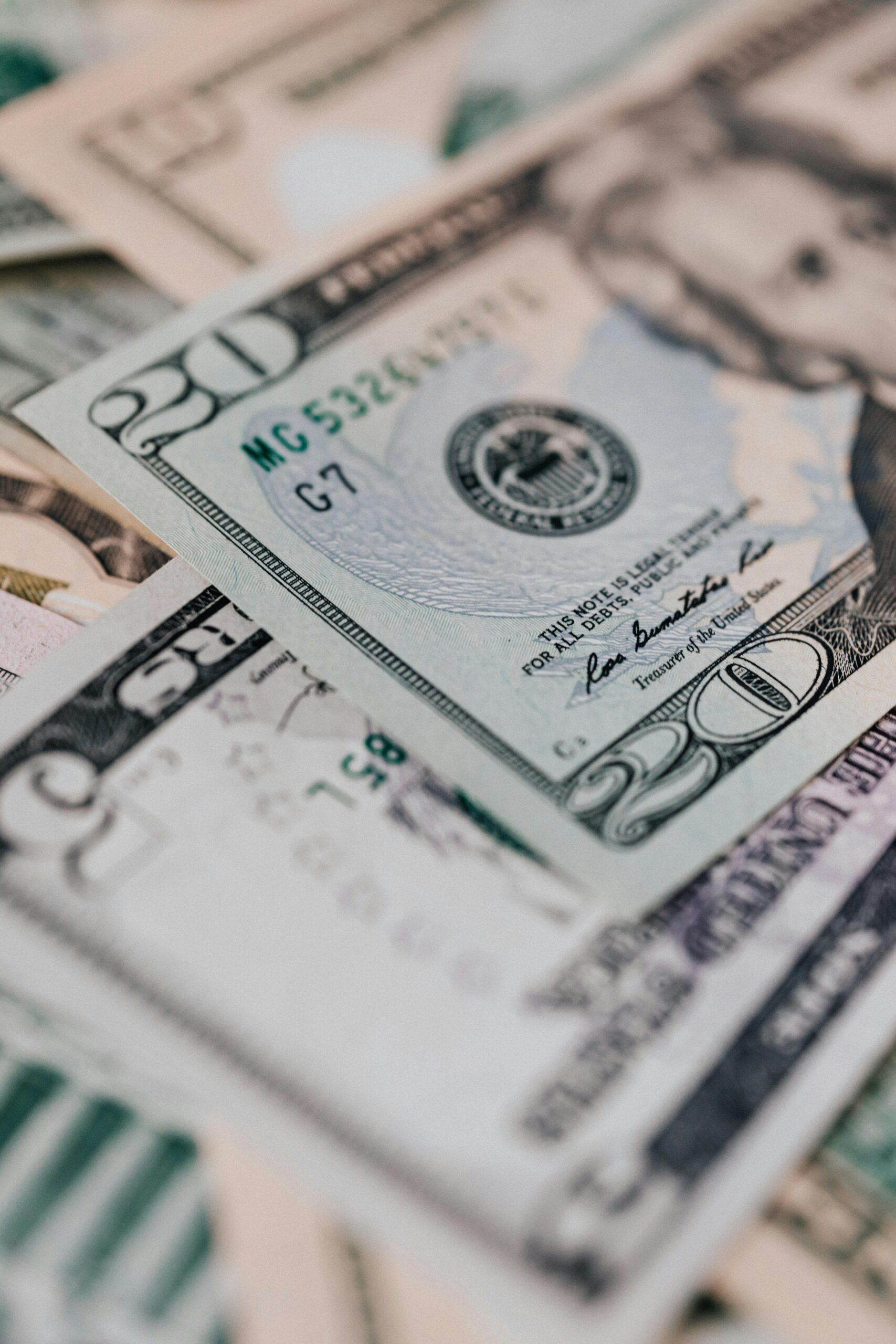Introduction
Chemical reaction engineering is a vital discipline at the intersection of chemistry and engineering, driving advancements in industries ranging from pharmaceuticals to petrochemicals. When interviewing candidates for positions in this field, it is crucial to evaluate their knowledge, problem-solving abilities, and practical experience. To assist in this process, we’ve compiled a list of insightful interview questions that delve into the heart of chemical reaction engineering.
Here are some interview questions for chemical reaction engineering:
Can you explain the basics of chemical reaction engineering and its significance in various industries?
Describe the key factors that influence the rate of a chemical reaction. How can these factors be manipulated to optimize reaction kinetics?
What are the different types of reactors used in chemical engineering, and in what situations would you choose one type over another?
Can you provide an example of a real-world application where catalysis plays a crucial role in chemical reaction engineering?
How do you approach the design and optimization of a chemical reactor for a specific chemical process? What parameters and considerations are important in this process?
Explain the concept of reactor yield and selectivity. How can one improve the selectivity of a reaction?
What safety measures and considerations are essential when working with potentially hazardous chemical reactions in a reactor?
Discuss the importance of reaction kinetics in reactor design. How do you determine the reaction kinetics experimentally?
Describe your experience with process modeling and simulation tools. How have you used these tools to analyze and improve reactor performance?
Can you provide an example of a challenging problem you’ve encountered in chemical reaction engineering and how you approached its solution?
In the context of green chemistry and sustainability, how do you approach the design of more environmentally friendly chemical reactions and reactors?
What role does heat transfer play in chemical reactors, and how do you ensure efficient heat transfer within a reactor design?
How do you handle issues related to reactant and product separation and purification in chemical processes involving multiple reactions?
Discuss any experience you have with scale-up from laboratory-scale reactions to industrial-scale processes. What challenges did you encounter, and how did you overcome them?
Describe a situation where you had to troubleshoot and solve a problem in a chemical reactor operation. What was the problem, and how did you resolve it?
How do you stay updated on the latest developments and trends in chemical reaction engineering, and how do you apply new knowledge to your work?
Can you give an example of a successful project or achievement in your career that highlights your expertise in chemical reaction engineering?
How do you prioritize safety in chemical reaction engineering processes, and what steps do you take to ensure a safe working environment?
Discuss your experience in collaborating with cross-functional teams or experts from different disciplines to solve complex engineering problems.
What do you believe are the future challenges and opportunities in the field of chemical reaction engineering, and how do you envision addressing them?
Conclusion
The field of chemical reaction engineering is dynamic and multidisciplinary, requiring a deep understanding of chemistry, engineering principles, and practical problem-solving skills. These interview questions aim to uncover a candidate’s knowledge, experience, and approach to complex challenges in chemical reaction engineering, helping employers identify the most qualified candidates for positions in this crucial field of study.

